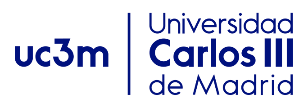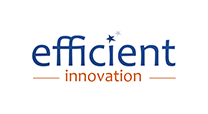THE PROJECT
EDDA
H2020 EDDA is one of the project of the Strategic Research Cluster (SRC) on “In-Space electrical propulsion and station keeping” (http://epic-src.eu/) and is also a continuation of H2020 HV-EPSA (grant 687515, http://hv-epsa-h2020.eu/) which allowed to work on high voltage bus, from 300V to 600V, mandatory for direct-drive architecture.
H2020 CHEOPS (also part of the SRC, https://www.cheops-h2020.eu/) is developing Electrical Propulsion Subsystem for various power range missions, including a high-power Hall Effect Thruster (HET) of 20kW. A dedicated assessment is done for a direct-drive architecture for a specific HET called HT20k.
Hall Effect Thruster, as well as HEMP Thruster (developed in H2020 HEMPT-NG, part of theSRC, https://www.hempt-ng.eu/) has a voltage range compatible to the high voltage bus studied in HV-EPSA H2020 EDDA will enable a transversal architecture compatible with various electric thrusters available on the market, allowing to enhance the global efficiency from solar array to thruster.
Numerous missions will benefit of this architecture:
- Large telecom satellite with electric propulsion for orbit raising
- In-orbit service mission
- Interplanetary transportation
Click on read more to get more details about the project.
EDDA
News & Events
EDDA
Publications
EDDA
Consortium
The consortium is composed of 6 partners. These partners include actors in subsystem development, research, integration, innovation and technology transfer.
Click on more details in order to have a detailed description of each partner.








